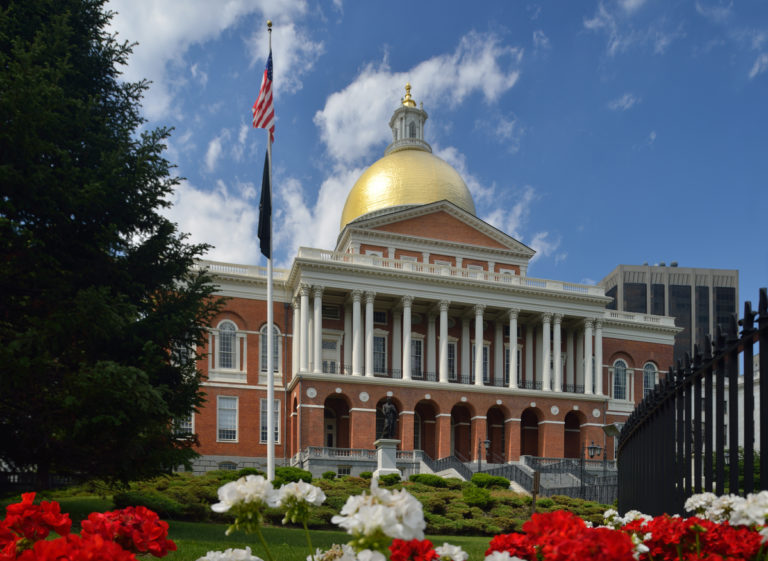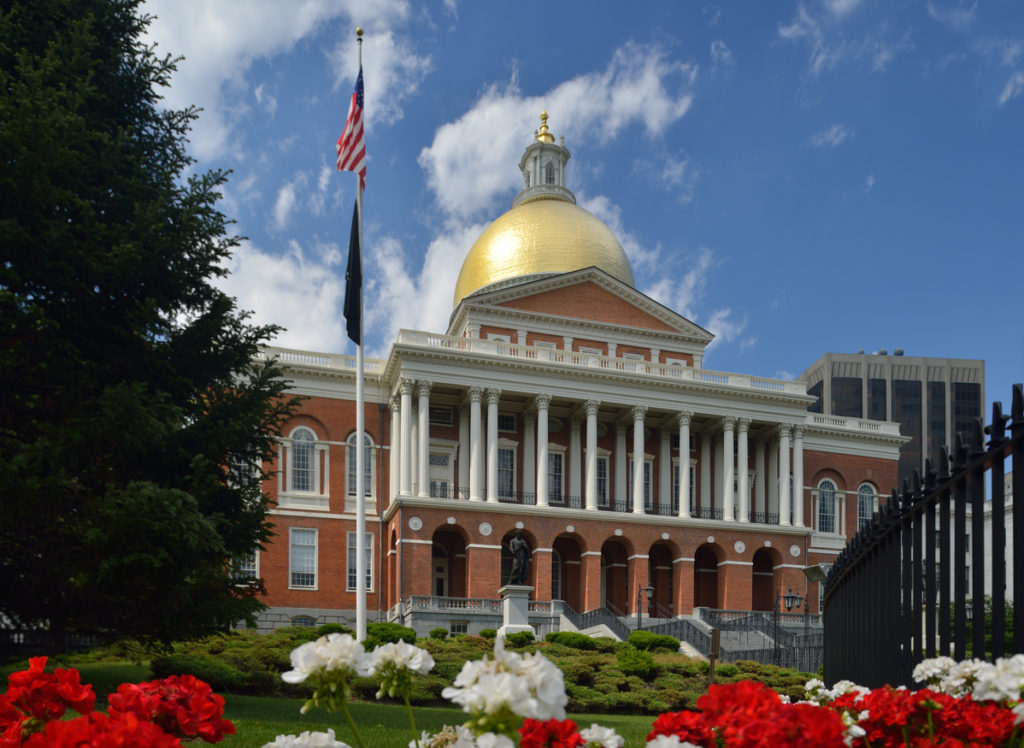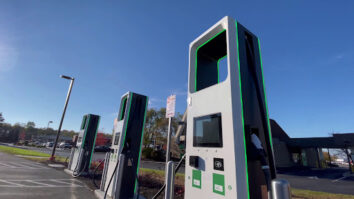Governor Charlie Baker signed legislation in May that modified the way Massachusetts handles COVID-19-related unemployment claims and the COVID-19 Temporary Emergency Paid Sick Leave Program.
Unemployment Solvency Assessments
The new legislation amends H.90, An Act financing a program for improvements to the Unemployment Insurance Trust Fund and providing relief to employers and workers in the Commonwealth. Both bills aim to make the unexpected unemployment system costs employers are facing due to COVID-19 more manageable in the short term. The new legislation is expected to lower the solvency assessment rate from 9.23% to 1.12%.
“Massachusetts workers and businesses share the same goal of restoring jobs lost during the COVID pandemic and getting back to work,” said Steve Tolman, president of the Massachusetts AFL-CIO. “By spreading this year’s solvency assessment over the next two decades using already authorized borrowing, the House took the necessary step at this time to enable that continued economic recovery.”
Under the new legislation, COVID-19 claim costs will be redistributed from the solvency account into a COVID-19 employer relief account until August 1st. Massachusetts will borrow from the $7 billion in bonding previously authorized when H.90 was enacted to pay off the COVID-19 account over a 20-year period.
Employers must pay their first-quarter unemployment contribution bills by July 31, 2021. If you already paid an inflated amount for your first quarter, you will receive a credit to your account to account for the difference.
MA COVID-19 Temporary Emergency Paid Sick Leave Program
The new bill also rejected the amendments Governor Charlie Baker made in April to the Massachusetts COVID-19 Temporary Emergency Paid Leave Program, including different compensation rates by type of emergency sick leave, the establishment of a flat tax credit per employee, and the exclusion of municipal workers.
“The House stands firm in supporting our municipal workers,” said Labor and Workforce Development Committee Co-chair Rep. Josh Cutler. “Our municipal employees including teachers, DPW workers, police officers, firefighters, health agents, janitors, veterans agents, counseling on aging workers, librarians, and many others have been essential to the state’s COVID-19 response and certainly are just as deserving of these benefits.”
The Governor signed H.3702 on May 28th, which required employers to make paid leave time available to employees for COVID-related illnesses, quarantine, and vaccinations beginning on June 7th and until the earlier of September 30, 2021, or the exhaustion of $75 million in program funds. Employers may subsequently apply for reimbursement from the state. The maximum per-employee reimbursement amount, which includes the cost of benefits, is $850. Massachusetts will reimburse employers using the COVID-19 Massachusetts Emergency Paid Sick Leave Fund, an additional fund established under the new legislation.
Full program details, employer guidance, and answers to frequently asked questions may be found on MA’s COVID-19 Temporary Emergency Paid Sick Leave Program webpage.
Contact ARB
If you have any questions about this information, contact me today. Visit our COVID-19 Financial Resource and Tax Center for information on related matters.
by Bart Haag, CPA
Barton Haag joined ARB in 1996 and has been a principal with the firm since 2005. As the Practice Leader for ARB’s Auto Dealership Team, Bart provides financial accounting, income tax planning, and business advisory services for clients in the automotive and motorcycle dealership industries. He also works with closely-held businesses, many of which are family-owned.






